
Everyone snores occasionally but it is prevalent among aged adults and obese people. Unlike most people think, habitual snoring is not a harmless nuisance. It implies that the victim’s body is finding it difficult to breathe normally while sleeping. Snoring is a harsh sound produced by the flow of air in the upper airway tissues making them collide and vibrate.
Snoring is caused by a variety of reasons including mouth and sinus anatomy, allergies, genetic characteristics, sleeping postures, weight, habits, medications, and so on.
However, all snorers do not snore alike. Depending on the underlying cause of snoring, it is divided into 4 types and symptoms also vary for each type. Keep reading to know them.
How is snoring classified?
When there is a partial blockage in the upper airway tract, our body cannot move air smoothly through the throat and nose. It prompts tissues in the upper airway to bump into each other, causing snoring. Airway obstruction is occurred due to several reasons, depending on which the classification is made as follows:
1) Nasal Snoring
Nasal snoring occurs as a repercussion of blocked nostrils. When your nose is blocked due to conditions like mucus, it inflames the sinus passage so that the air has only a small amount of space to pass through. Hence the soft tissues in the nose, mouth, and throat hit each other and vibrate, making a whistle or rumbling sound.
Dust allergies, nose stiffness, deviated septum, cold, and flu are the primary causes of blockage in nostrils. Here are the symptoms commonly seen in nose-based snorers:
- Nose stuffy at night
- Snore sounds like a loud whistle sound
- Bad breath
- Dry mouth
- Headaches
Once what makes your nose clogged at night is identified, solutions like nasal rinses, nose strips, and even corrective surgery will be prescribed.
2) Mouth Snoring
When a person breathes through his/her mouth instead of nose, mouth-based snoring happens. Your body will force you to breathe via your mouth if you can’t breathe through your nose while sleeping. The nasal snorers have high chances of becoming mouth snorers when their nasal passage is severely congested.
Apart from blocked nostrils, enlarged tonsils, weak palatal tissues are also supposed to cause mouth snoring. The mouth-based snoring is identified with the following symptoms:
- Sleep with the mouth open
- Morning headaches
- Soreness in the throat upon awakening
Our nose takes care of filtering the air before get into the lungs. You cannot expect such filtrations in mouth breathing. It means that snoring through the mouth can lead to a variety of infections.
3) Tongue Snoring
When you lie down, your tongue will relax a little. In case the tongue is relaxed extensively, it will block airflow to the lungs. It occurs in alcoholic persons and people with excessive fat on their necks. Similarly, people who take sleeping pills are also susceptible to tongue-based snoring. Tongue snoring is characterized by the following signs:
- Snoring is like inconsistent high-pitched sounds
- Large-sized tongue
Cutting down the activities that make your tongue relax too much is the best way to resolve this snoring habit. Likewise, anti-snoring pillows, backpacks, appliances like snoring mouthpieces, and mandibular advancements devices can all help you stop snoring.
4) Throat Snoring
Throat snorers make the loudest snore sound when compared to other kinds of snorers. It is primarily happening due to sleep apnea. It means the sufferers encounter stop and start breathing repeatedly during their sleep. Such recurrent disturbances in their sleep cycle trigger them to make louder snoring sounds, then remain silent for a while and are followed by snoring again. Hence their snore sound also does not follow any rhythm.
As the throat-based snoring happens due to obstructive sleep apnea, share certain symptoms as follows:
- Lack of concentration
- Moodiness
- Morning headaches
- Waking up with dryness in the mouth
- Loud snoring
Remember that throat-based snoring is the most dangerous of all kinds of snoring. If it is left untreated, it makes tissues in the throat region too relaxed, followed by collapsing the walls of the throat.
It blocks the airway passages completely preventing air from flowing through and making breathing impossible. Similarly, throat snoring leads to life-threatening illnesses like diabetes, stroke, and high blood pressure.
Bottom line
Besides keeping you from getting a good night sleep every day, long-term snoring increases the risk of developing various systemic diseases like stroke, cardiovascular diseases, etc.
If you want to get rid of this annoying habit and its hazardous consequences, contact your dentist.
You have plenty of ways like anti-snoring devices, anti-snoring mouthpieces, and corrective surgeries to combat snoring problem but you need to detect your snoring type. The signs we provided would give you an idea of what type of snorer you are.

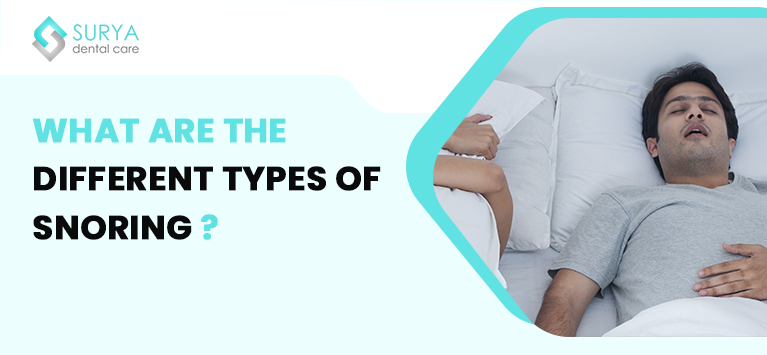




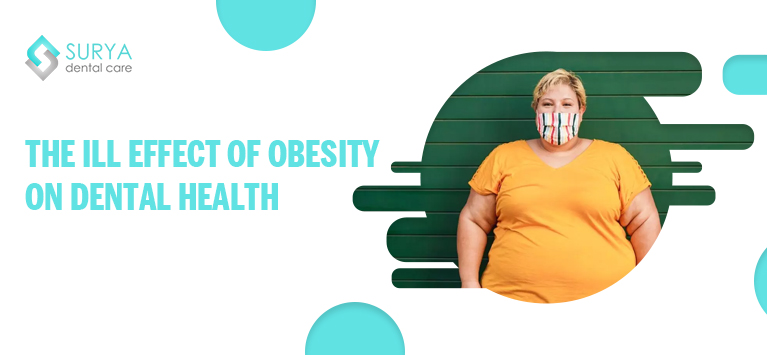
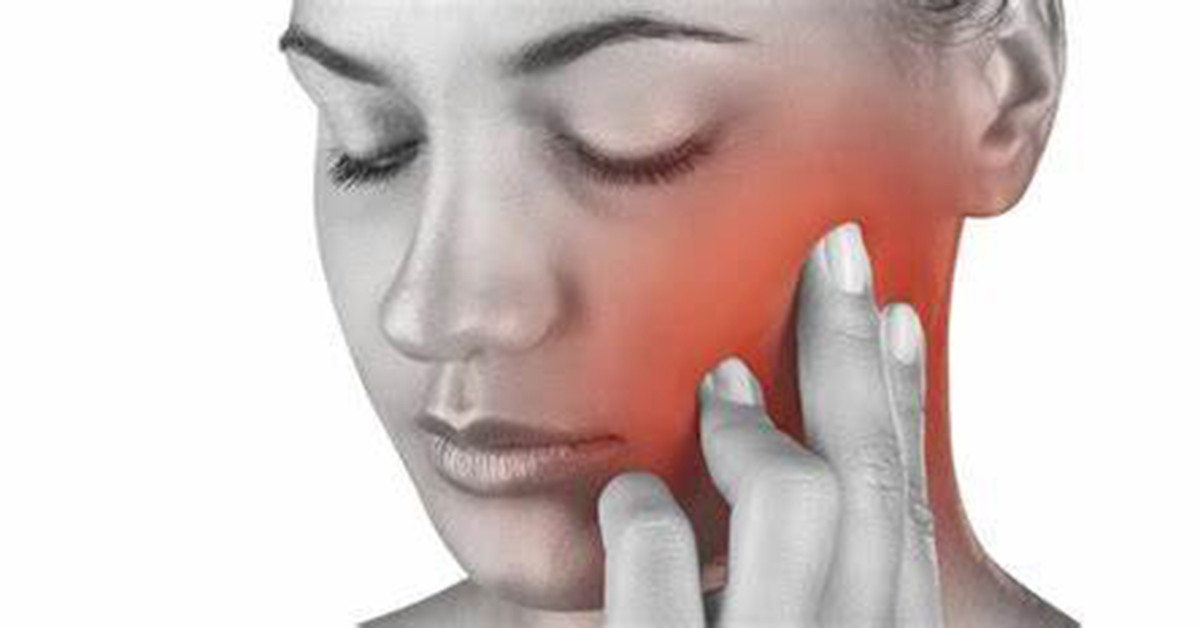



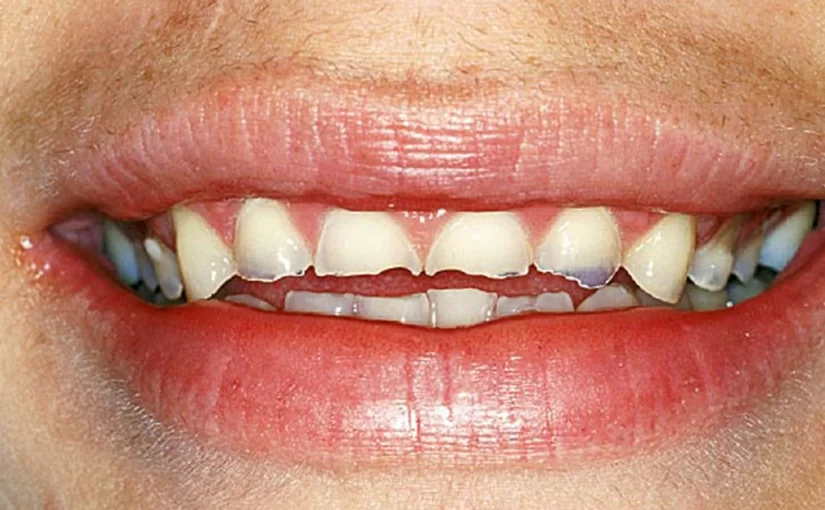




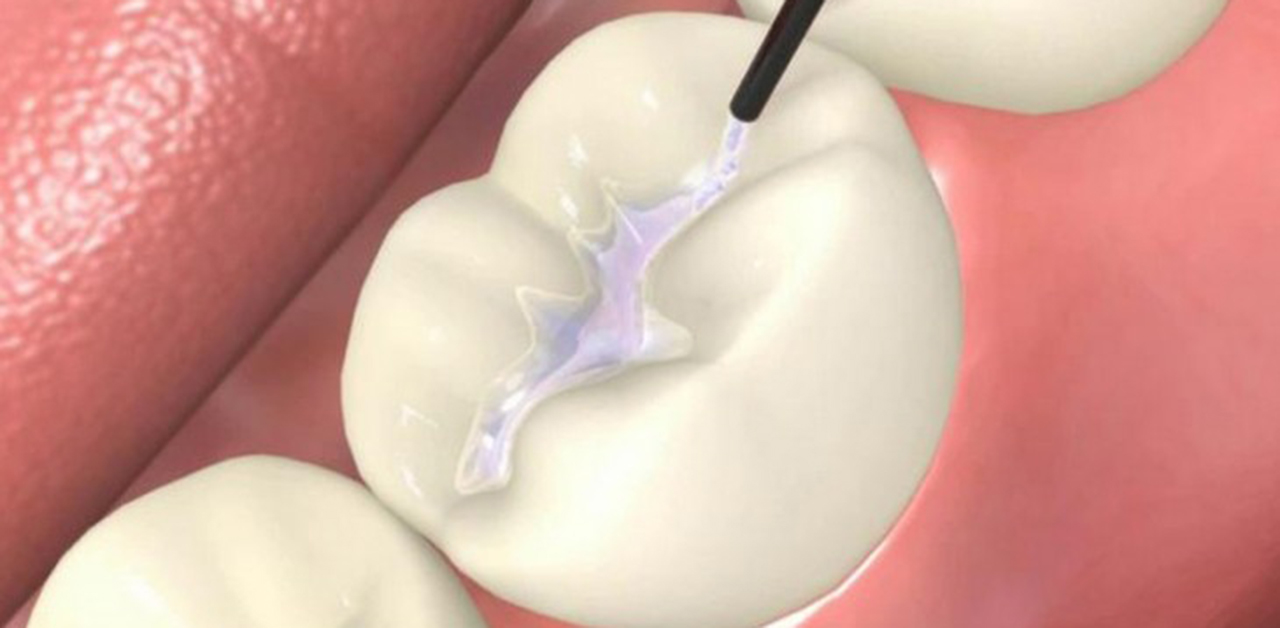




Leave a Comment